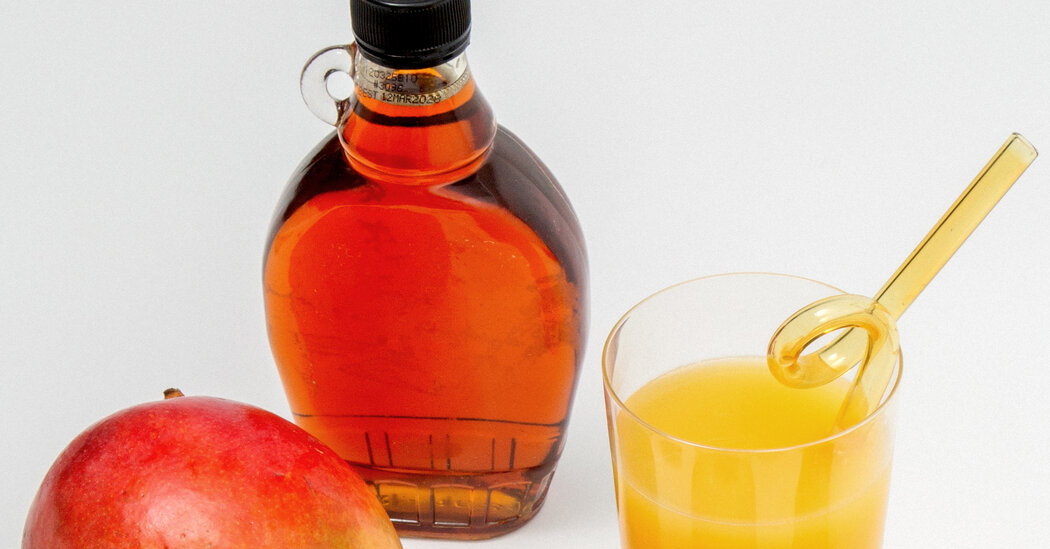Copyright The New York Times

Q: I’m trying to limit sugar, but I love sweets. Are “natural” sweeteners like honey and agave syrup healthier alternatives to table sugar? You probably know that the sugars in fruits, vegetables and other plants are far better for you than the added sugars often found in processed foods like sodas, candy bars and many baked goods. But in that category of added sugars, there’s an array of sweeteners that are often seen as more “natural” or healthier than others. Honey, maple syrup and agave nectar, for instance, are commonly touted as “better for you” swaps for regular sugar, such as in many health-focused baking recipes and on social media. Is that right? We asked three nutrition experts to help us sort it out. Why Excess Sugar Is So Harmful The sugar in an apple is made of the same building blocks (like glucose and fructose) as the sugar in a candy bar. But the way your body processes that sugar differs depending on how it’s packaged in a food, said Karen Della Corte, an assistant professor of nutritional science at Brigham Young University in Utah. When you eat a whole fruit or vegetable, for instance, the fiber that’s also present slows digestion, preventing harmful spikes in blood sugar, said Kimber Stanhope, a nutrition researcher at the University of California, Davis. When you consume added sugars like refined sugar or high-fructose corn syrup, they enter your bloodstream more quickly — and often in larger quantities — causing your blood sugar to rise drastically. (The same can happen after drinking fruit or vegetable juices, even if they don’t contain added sugars, Dr. Della Corte warned. This is because the foods are stripped of their beneficial fiber when processed into juice.) Thank you for your patience while we verify access. If you are in Reader mode please exit and log into your Times account, or subscribe for all of The Times. Thank you for your patience while we verify access. Already a subscriber? Log in. Want all of The Times? Subscribe.



